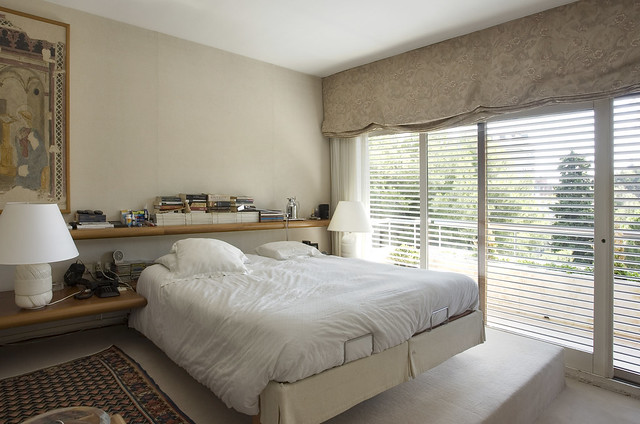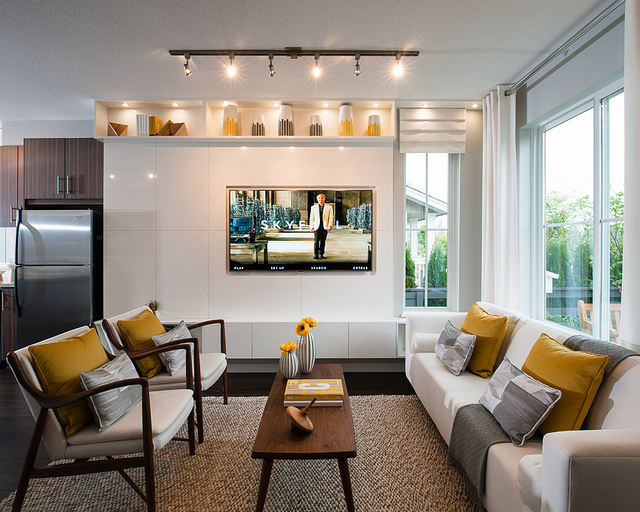Installing an HVAC system in a home is relatively easy with the right contractor. New homeowners though may not be as keen on the task, because for some, it could be challenging. Getting a new HVAC system for a new home, or replacing an existing system may require a bit of research and leg work for the owner, but in the end, all these leg work will be worth it. The challenge usually begins with choosing the right HVAC System.

Knowing the right HVAC System
Knowing the right HVAC System to fit one’s requirements is crucial in ensuring a comfortable indoor environment inside the home. Two main types of HVAC systems can be installed in a house or an apartment, and it is the centralized and the decentralized system. The centralized HVAC System requires ductwork and needs professional installation. Its installation can be costly, as this system is seen as the one with the highest upfront cost. In terms of efficiency, the centralized air conditioning system is said to be the most efficient, most stable, most comfortable, and convenient way to warm or cool a home at any given time.
The decentralized HVAC system has many different sub-types. The most common subtypes include (1) Wall unit air conditioning system; (2) Packaged Thermal Air Conditioner; (3) Self-Contained System. HVAC experts say that while these decentralized HVAC systems could be cheaper to install, they are not as energy efficient in the long run making the homeowner pay more in terms of utility bills.
Deciding on the HVAC System to Install
Before deciding on an HVAC System to install in a home, it is best to consult those who helped build it, or one who may know about the type of home one lives in. For instance, does the home have existing ductwork? If yes, then central air could be a great option. If there is none, then the homeowner needs to have Guide For AC Installation For Residential Homes, that information in case he may want to insist on installing a centralized system, than decentralized units which do not require ductwork and complicated installation process.
After consulting with the architect, it would then be best to list down all the requirements and expectations one has about the HVAC System. If it is cooling the whole home because the weather in the area can get more than 85 degrees Fahrenheit or 30 degrees Celsius, then a centralized air conditioning system could be the best option. Otherwise, a decentralized system could work great as well.
The homeowner also has to make sure that his efficiency expectations will be met by the system that he chooses. Efficiency will, of course, depend on the climate, type of usage, and the system the homeowner will choose. Above all, the homeowner’s budget should also be considered.
Choosing the Right HVAC Contractor
A massive chunk of the success in installing a new HVAC is in hiring an expert contractor. For one, a profoundly experienced contractor can help the homeowner objectively decide on the type of HVAC system that could meet the homeowner’s requirements including budget, and at the same time is a good fit for the home itself.
In choosing the right HVAC Contractor, a homeowner may want to get some referrals from family or friends who have had a pleasant experience with theirs. When hiring based from online lists or neighborhood shops, then it is best to undertake some due diligence by asking to see the contractor license, and verifying its existence from the Contractors’ State Licensing Board official website. The homeowner may also want to check out some objective reviews through third-party sites like Angie’s List and Home Advisor. Only a licensed contractor can safely carry out an HVAC installation as they have the right training and equipment to do so, and they have the license, insurance, and bonds to back them up in case anything goes wrong with the whole installation process.
It will also be best to interview through phone and lay down all requirements to the contractor so that the HVAC contractor can accurately give the homeowner an estimate. As a rule of thumb, it will be best to get at least three quotes from different contractors so that the homeowner could get a better idea of the costing and the going rate. Experts throw a word of caution though with going for the lowest bid or contract as usually, this may mean a miscommunication on the requirement, or low quality work and materials.
Installing the HVAC System
Once the homeowner has decided on an HVAC system and has hired a contractor, then he will then have to procure the system, pull out the existing one if any, and have the contractor install the HVAC system. The contractor will run the owner through the whole process, and it is best that the homeowner asks all the relevant questions about the installation work and the timeline.
